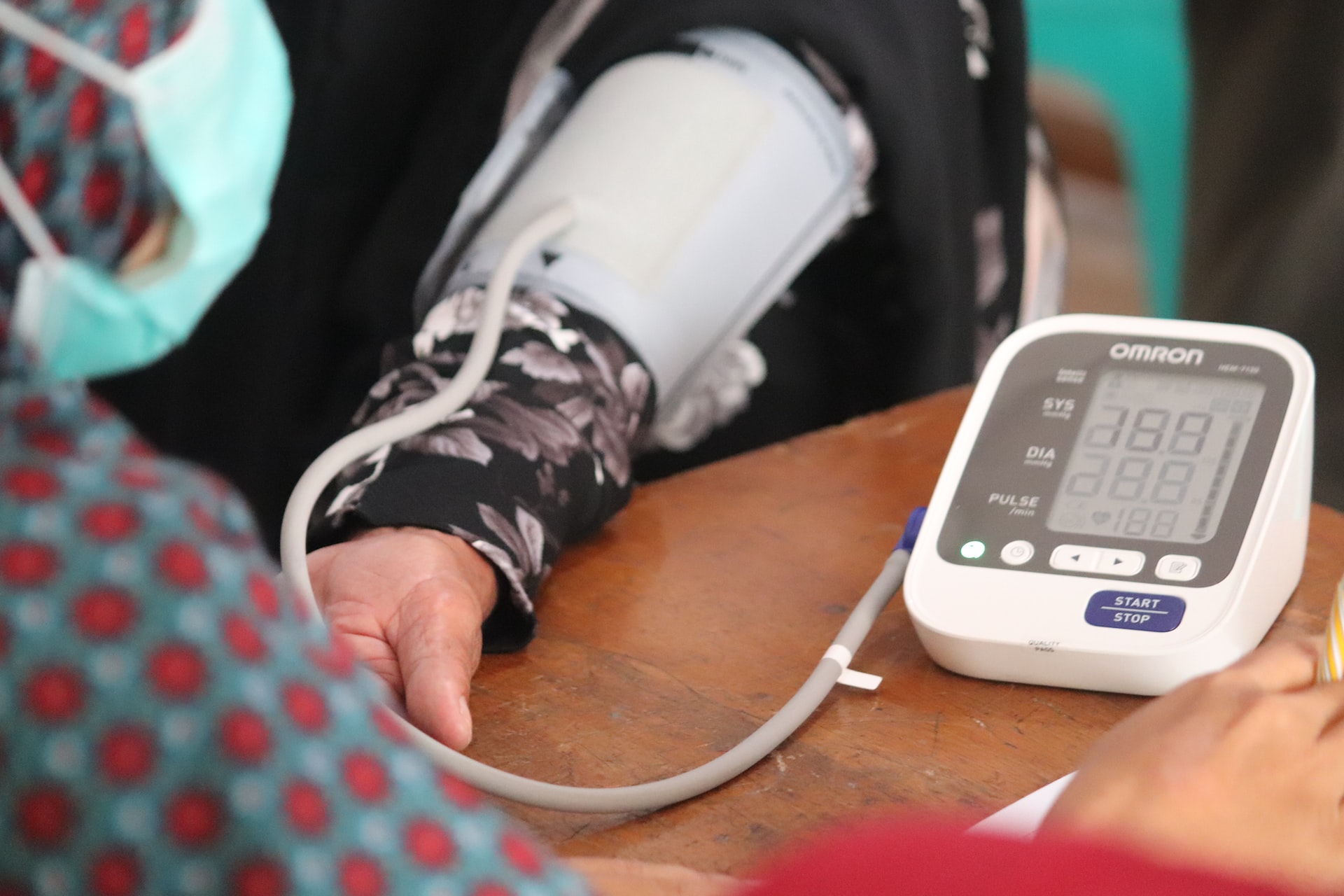Tackling the Silent Epidemic: Understanding Non-Communicable Diseases
Introduction:

In recent years, there has been a significant shift in the global burden of diseases, with non-communicable diseases (NCDs) emerging as a serious public health concern. Unlike infectious diseases, NCDs are not caused by pathogens or spread from person to person. Instead, they are chronic conditions that develop over time due to a combination of genetic, lifestyle, and environmental factors. Two of the most prevalent NCDs are hypertension and diabetes, affecting millions of people worldwide. In this blog, we delve into the significance of these silent epidemics and explore strategies for prevention and management.
1. Hypertension: The Silent Killer
Hypertension, commonly known as high blood pressure, is often referred to as the "silent killer" because it rarely exhibits noticeable symptoms until it reaches critical levels. This condition occurs when the force of blood against the walls of the arteries is consistently too high, putting extra strain on the heart and blood vessels. If left uncontrolled, hypertension can lead to severe complications such as heart attacks, strokes, kidney damage, and even blindness.
Prevention and Management:
a. Lifestyle Modifications: Embracing a healthy lifestyle is crucial in preventing and managing hypertension. Regular exercise, a balanced diet low in sodium and saturated fats, limited alcohol consumption, and stress management can significantly reduce blood pressure levels.
b. Regular Health Check-ups: Regular blood pressure monitoring is vital, especially for individuals with a family history of hypertension. Early detection allows for timely intervention and reduces the risk of complications.
c. Medication Adherence: For those diagnosed with hypertension, following prescribed medications as directed by healthcare professionals is essential to control blood pressure effectively.
2. Diabetes: A Growing Health Crisis
Diabetes, another prevalent NCD, occurs when the body either cannot produce enough insulin (Type 1 diabetes) or cannot use insulin effectively (Type 2 diabetes). The latter accounts for the majority of diabetes cases globally and is closely linked to lifestyle factors such as obesity, sedentary habits, and poor dietary choices.
Prevention and Management:
a. Healthy Eating Habits: A balanced diet rich in whole grains, fruits, vegetables, and lean proteins can help manage diabetes and prevent complications.
b. Regular Physical Activity: Engaging in regular exercise helps control blood sugar levels, improves insulin sensitivity, and contributes to overall well-being.
c. Blood Sugar Monitoring: People with diabetes should monitor their blood sugar levels regularly and work with healthcare providers to adjust medication and lifestyle as needed.
3. The Role of Public Health Initiatives:
Addressing the rise of NCDs requires a comprehensive approach involving governments, healthcare providers, and communities. Public health initiatives can play a crucial role in raising awareness and implementing preventive measures. These initiatives may include:
a. Health Education: Educating the public about risk factors, symptoms, and prevention strategies for NCDs can empower individuals to make healthier choices.
b. Access to Healthcare: Improving access to healthcare facilities, regular health screenings, and affordable medications can ensure early diagnosis and timely management of NCDs.
c. Advocacy for Healthy Environments: Encouraging the development of parks, safe walkways, and access to nutritious food options can support active lifestyles and combat the obesity epidemic.
Conclusion:
Non-communicable diseases, such as hypertension and diabetes, are taking a significant toll on global health and economies. However, through proactive health management, lifestyle changes, and community-wide efforts, we can reverse this trend. By increasing awareness, promoting healthy living, and advocating for supportive environments, we can empower individuals to take charge of their health and contribute to a world where NCDs are no longer silent epidemics but well-controlled conditions. Together, let's build a healthier and happier future for generations to come.